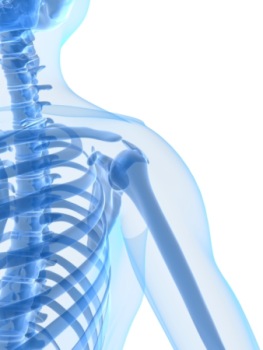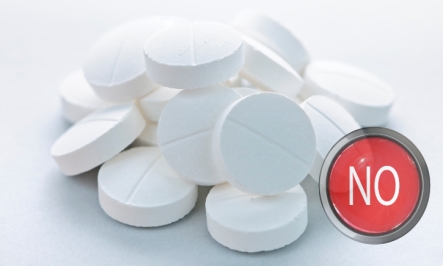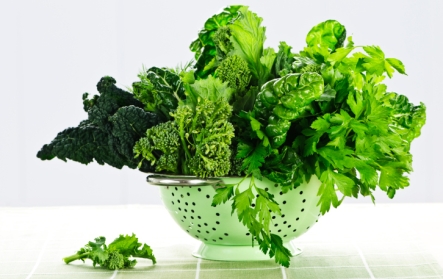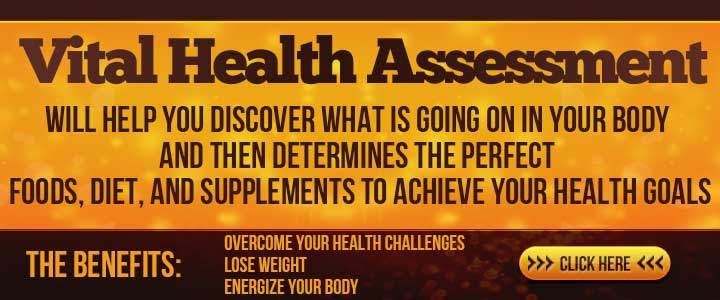We all grew up hearing that calcium and milk products were essential for healthy bones and teeth.
Now you may have read that one in two women over the age of 50 will break a bone because of osteoporosis! It seems only reasonable to wonder if you are getting enough calcium, and if not, how to do so.
Discover the benefits of calcium, the symptoms of calcium deficiency, how to get calcium into your body from typical and vegetarian sources, and how to keep it in.
Benefits and Facts of Calcium
- It is the most abundant mineral in the body.
- 99% of your calcium is in your bones and is essential for healthy bones and teeth.
- Your body uses the bones as a calcium storehouse, withdrawing it when needed in the blood for other parts of the body and returning it when it can.
- Other parts of the body which use calcium include nerves, brain, muscles and heart.
- Calcium is necessary for specific hormone functions.
- Calcium is a co-enzyme necessary for clotting.
- Many plants have more calcium per gram than any animal product – including milk
- Even fruits like the common orange and kiwi with their many health benefits contain calcium.
Symptoms of Calcium Deficiency:
- Muscle cramping – especially at night.
- Dry skin and brittle nails.
- Increased PMS symptoms.
- Bone fracture or breakage: this is a more severe symptom but for many people it is the first way they find out that they have weak or thin bones.

How Much Calcium Do You Need?
Government recommendations are 1000 mg per day for women 19-50, 1300 for boys and girls 9-18 and 1200 for older men and women.
Growing children certainly do have higher needs for calcium but before you go rushing out to buy calcium supplements or a jug of milk consider these facts:
- In China, where for thousands of years they don’t even have a WORD for osteoporosis, the average peasant farmer lives a very healthy life with just 250 mgs/day of calcium.
- Northern countries that have the highest levels of calcium consumption from dairy products have the highest levels of osteoporosis.
- One Harvard study tracking 78,000 nurses found that nurses who drank 2 or more glasses of milk per day had 46% higher chance of hip fracture than those who drank one glass or less.
- Standard calcium supplements (from elemental sources like limestone) have been linked with higher rates of heart attacks.
- Many studies have shown that taking calcium supplements has no effect on fracture occurrence.
- Individuals whose protein is mostly animal based have twenty times or more hip fractures as individuals who consume a more plant based protein.
So How Do I have Healthy Bones?
1. Consume a diet that is balanced for Acid/alkaline.
The reason northern populations who eat more meat have poor bone health is because animal protein is much more acidic than plant proteins and generally whole their diet is too acidic. An acidic body will rob the alkaline mineral calcium from the bones in order to balance the acid in the blood and tissues.
The body is therefore slowly leaching away its own calcium and weakening the bones even though there might be plenty of calcium in the diet.
 2. You Don’t Have to Eat Dairy Products
2. You Don’t Have to Eat Dairy Products
- Cheeses, although they have the highest levels of calcium foods (see list) are also some of the most acid forming foods.
- Our food sensitivity testing over 20 years with over 20,000 tests indicates that most individual’s energy is decreased by regular milk products. This decrease in vitality shows up eventually in a number of health concerns including bone health.
- Many health experts question the quality of our homogenized commercially produced milk and even if adults should be drinking milk at all.
3. Consume a plant based diet rich in calcium rich food.
Plant based diets have the vitamin K and other nutrients necessary for calcium absorption.
Leafy vegetables that contain vitamin K, like kale, spinach, broccoli and cabbage also contain calcium!
This is a list the Top Vegetarian Calcium Rich Dairy Free Foods.
4. Go For Walks or Runs in The Big Outdoors
- Vitamin D from sunshine is essential for calcium absorption.
- Regular weight bearing exercise gives signals to the bones that they need to be stronger and the body responds by doing so. The body is smart and responds!
- Exercise has been shown to decrease every degenerative disease, as long as it is not too strenuous.
5. Avoid Junk Food – Particularly Colas
- Almost all junk foods are acidic – particularly Colas that contain phosphoric acid.
- Teenage girls who consume the most colas have five times the fractures of those who consume the least.
- Junk foods contain excessive amounts of sodium which has been shown to reduce calcium levels in the body.
6. Don’t Smoke
Smoking along with destroying almost every aspect of your body also happens to be in the top 10 risk factors for osteoporosis.
7. Eat more vegetables and fewer grains.
- 38% of the average North American’s acidic load comes from grains and most of that comes from wheat. Until you master the skills of choosing grains and proteins that are more alkaline – a simple solution is to reduce wheat and increase vegetables.
- In our testing we almost never find wheat is healthy for an individual.
- Many individuals find that by reducing gluten grains from their diet, there overall health improves. When the whole body is functioning more smoothly, it is better able to manage bone health.

8. Skip the Calcium Supplements
- If a supplement is not whole food based, and very carefully processed, it will not be digested by the body and may even cause imbalance.
- Calcium supplements have been linked with increased risk for heart attacks and little reduction in fractures.
9. Choose Organic When You Can
- organic foods has generally been shown to contain more nutrients.
- A 2012 study called Corn Comparison Report revealed that GMO Corn has 14 ppm of Calcium and NON GMO corn has 6130 ppm. That’s 437 times more.
Delicious Vegan Calcium Rich Recipes:
Almond Milk: Healthy Dairy Free Alternative



I am always concerned when I hear someone mention calcium. You stated all the concerns with people depending on dairy for their calcium needs. All with a thumbs-up from me. However, I am concerned that never is there a mention of the importance of magnesium which is as important as calcium. When people isolate one mineral over the others we often overlook the interaction needed between all. It appears many now suffer from a deficiency of magnesium because so much emphasis has been put on calcium. I found Dr. Carolyn Dean’s book The Magnesium Miracle a very interesting read. You might too!
Thanks for the comment Denise. I was referring to magnesium in #1 suggestion but I think I will include a list of the particular minerals!
The article is written in simple but lucid English .
The article is well enshrined in basics and fundamentals on nutrients of food.
It breaks the myth of non- vegetarians that they get balanced eats, it is very educative that non-vegies are deprived of calcium in food due to acidic nature of these foods.
Exposure to helps in assimilating calcium in certainly appreciative. Also, negatives of junck food and colas in particular, being acidic degrades calcium consumption. In short, the article of great to general public…
Its very useful…. after reading this I came to know that the source of calcium and importance of the calcium which requires to our body. this information is very systematic and anybody can understand. I felt very happy after reading this. After reading this article only I came to know so many information which we don’t know still. We thought that calcium supplement will fulfills the need of calcium. But as per your guidance only I came to know its not good to take supplement. better to have food which contains calcium. Really its very useful information. Thanks a lot to the team who tried to give these information to us in a simple way. Thank you very much.
Thank YOU for your comment!
Thanks for sharing your thoughts about are you getting enough calcium.
Regards